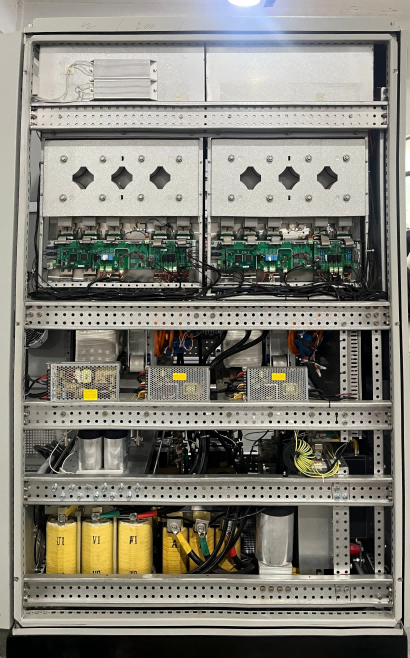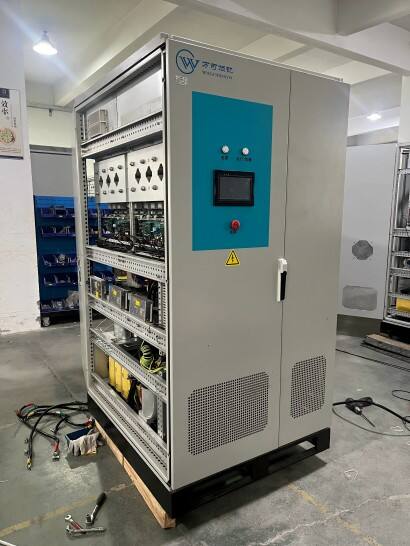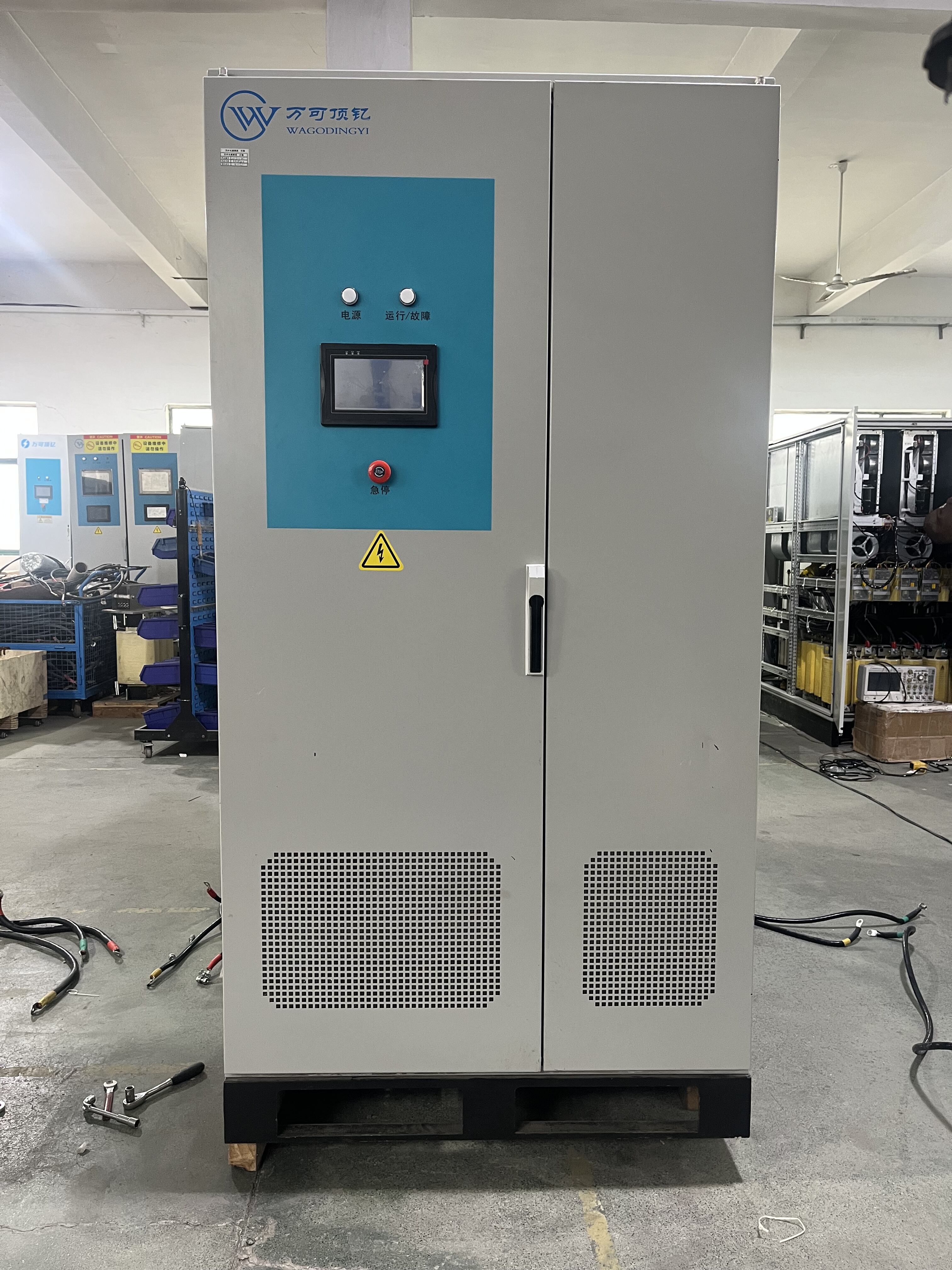linear ac power supply
A linear AC power supply is a fundamental electronic device that converts alternating current from wall outlets into stable direct current needed by electronic devices. This transformation process involves several key stages: voltage transformation through a power transformer, rectification using diodes, filtering with capacitors, and voltage regulation through linear regulators. The power transformer first steps down the high AC voltage to a more manageable level. The rectifier circuit then converts the AC waveform into pulsating DC, which is smoothed by the filtering capacitors. Finally, the linear regulator maintains a constant output voltage regardless of input fluctuations or load changes. These power supplies are renowned for their clean output with minimal noise and excellent regulation characteristics. They find extensive applications in sensitive electronic equipment, laboratory instruments, audio equipment, and precision measurement devices. The design emphasizes reliability and simplicity, making them particularly suitable for applications where consistent, high-quality power is essential. While they may be larger and less efficient than switching power supplies, their superior noise performance and reliability make them indispensable in many professional and specialized applications.




